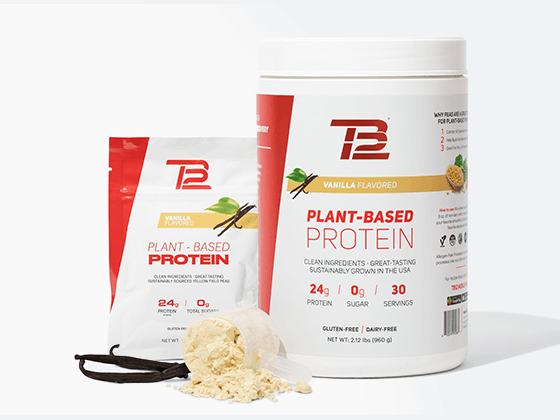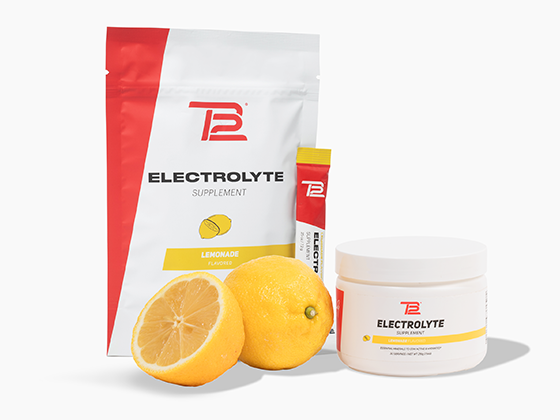It’s not a secret. Men and women are different.
While this knowledge is widespread, the further extension of its logic falls extremely short, especially in the realm of sports nutrition.
Far too many times, recommendations get generalized from studies with very specific subject pools, often men, and passed along like they are a “one-size-fits-all” solution.
Spoiler alert: They aren’t.
In the world of optimization, specificity is king. Always. There isn’t one example where a generalized approach has outperformed one that is specialized to a specific goal or constraint.
Findings in the scientific literature are based on specific interventions in specific subject groups. These constraints should be passed along to their application to the public. Dosing schemes and exercise interventions are important, but so are the populations in which they are implemented.
Women are extremely exceptional, making them a class that stands apart from all others. They have physiological processes that make their needs and responses different from men's.
Sports nutrition and the health and wellness industry are already complicated enough. To cut through the noise, we found five supplements that have actually been studied in women and have been found to be beneficial.
Protein
Protein is essential for multiple physiological processes in both men and women. Protein consumption is most often associated with muscle mass, an absolute necessity for every active individual.
Supplementation with a quality protein source with essential amino acids has been shown to support muscle protein synthesis and an athletic body composition. A 2020 study performed in collegiate female dancers found that supplementing with 75g of protein daily over 12 weeks significantly helped measures of body composition with no added body weight.
Another study took it further. Researchers found that hitting 0.24 g/kg of protein per designated time period for women under 60, and 0.4 g/kg/ period for those over 60, was positively associated with lean mass and strength, highlighting the importance of protein consumption across the day instead of limiting it to select meals.
Creatine Monohydrate
Creatine research has come a long way since its discovery. Originally, creatine was thought to only benefit bodybuilders and football players because of its positive effects on muscle mass (source) and strength performance (source).
Now, strength and lean mass are considered to be key aspects of health, making creatine a crucial nutrient.
A 2021 review specifically focused on these benefits for women. Not only did research conclude that creatine supplementation promoted lean mass and physical performance in women, but they also went on to suggest that creatine supplementation could create positive environments in the brain.
The review draws a connection between these positive changes in the brain environment and positive impacts on mood, cognitive performance, and sleep, which may be especially beneficial for women.
Omega-3’s
Omega-3 fatty acids, specifically EPA and DHA, have been shown to have a variety of benefits, especially for women (source).
One of the more recent findings was published in a 2019 study. Researchers examined fish oil supplementation’s ability to protect immobilized muscle mass in young women. After two weeks of supplementation, fish oil was shown to help protect muscle mass compared to the placebo group.
More recently, a 2020 meta-analysis demonstrated that omega-3 supplementation was well tolerated and promoted positive mood in perinatal women, both pregnant and postpartum.
Ashwagandha
Ashwagandha has been used for centuries in Ayurvedic medicine, but now modern science is catching up with some impressive research in women.
A 2025 publication in the European Journal of Sports Science, ashwagandha supplementation promoted recovery and sleep quality in female athletes, two foundational pillars to optimized performance.
Rhodiola Rosea
Rhodiola rosea is another herb that has been shown to possess nootropic and adaptogenic properties. Most notably, Rhodiola has been shown to help combat stress and support mood in mixed groups (source).
In 2013, these effects were specifically examined in athletic collegiate women. Not only did taking Rhodiola promote a faster time trial completion when compared to the placebo, but it also helped maintain a steady heart rate during the warm-up. When taking rhodiola, individuals also reported a lower perceived effort, suggesting their faster work was performed with less effort.
Research on women in sports nutrition is far and few between. But it is out there. And while much more is needed, what is out there should be applied to its full extent.
By using ingredients that have actually been studied in women, women can capitalize on their specific benefits and start realizing their goals in a more efficient, meaningful way.
TB12 is not a football company. It is not a bodybuilder company. TB12 is here as a support system for anyone who has a goal and is relentlessly chasing it.




